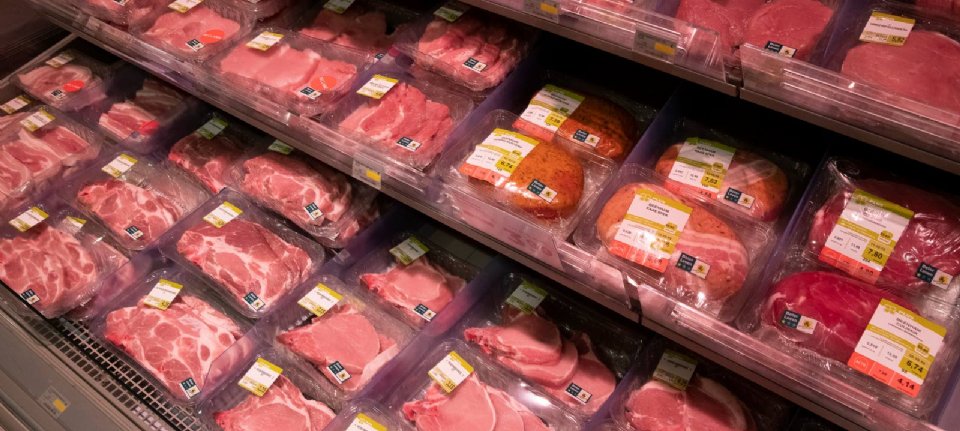The decision by fertilizer producer CF Industries to shut down two British factories due to high gas prices in Europe has unexpected consequences for British slaughterhouses and the food industry. They have a shortage of CO2.
–
The gas is used, among other things, for stunning animals in the slaughterhouse, for vacuum packaging products and for making dry ice. The carbon dioxide they used was released during the production of fertilizer in the two closed factories.
The UK food industry has been struggling lately to fill supermarket shelves and supply enough to other customers, such as fast food restaurants. This was due to staff shortages, which were partly caused by Brexit, after which many European workers left the United Kingdom.
The corona pandemic also played a part. Since last summer there has been talk of a so-called ‘pingdemic’. This concerns employees who have been in contact with people infected with the corona virus. They receive a signal from the British corona app, or ping, that they must be quarantined.
Shorter shelf life
The CO2 shortage now directly affects frozen products. Online supermarket Ocado stops the delivery because there was no more dry ice. The meat processing industry is already warning. CO2 is mainly used for stunning pigs and chickens. The delivery of beef and lamb will be less affected as a result, but because the gas is also used in packaging, those types of meat can be kept for up to a week less.
Furthermore, the soft drink industry also needs CO2 for making carbonated drinks. According to the industry association of soft drink companies, that sector is looking at alternative sources of CO2.
– .


